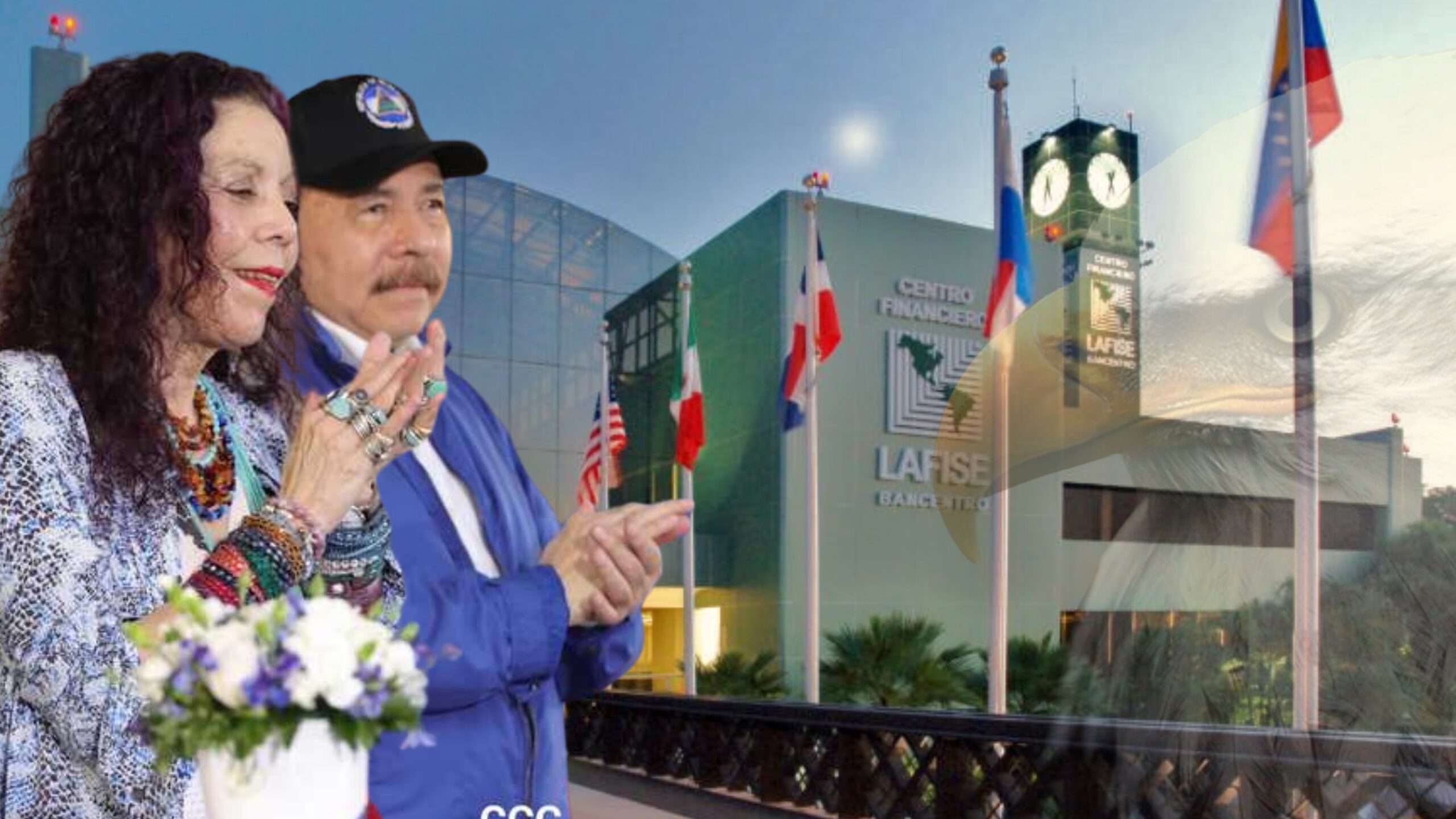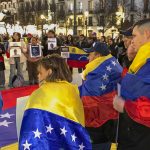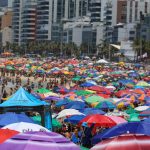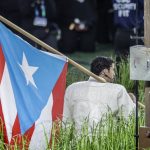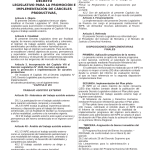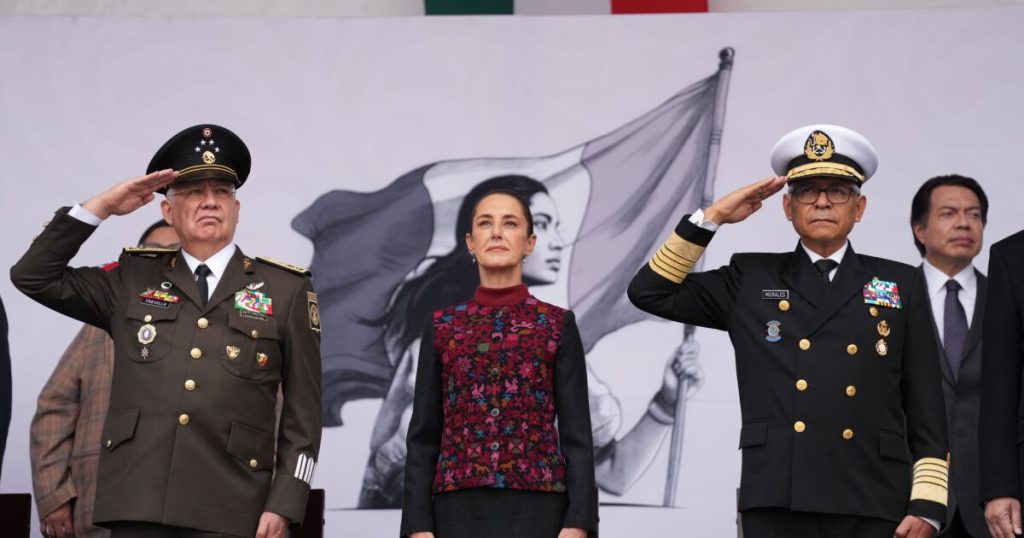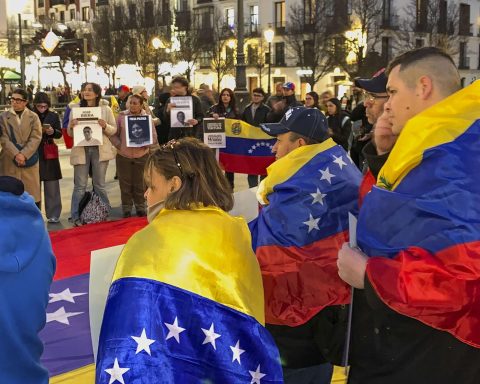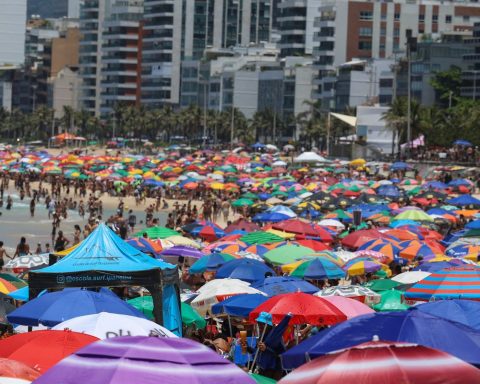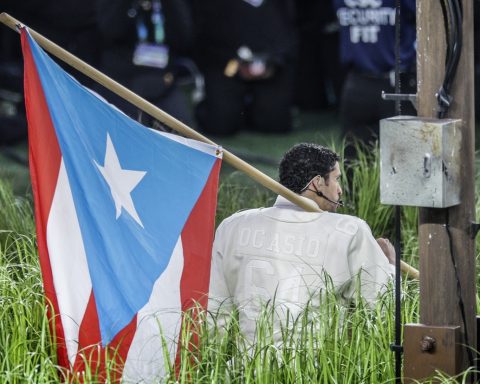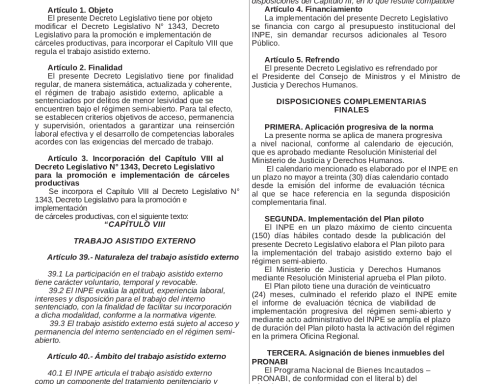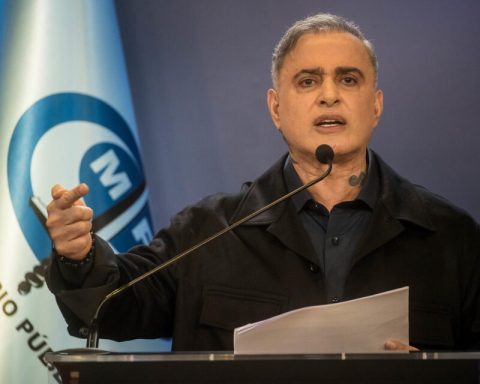The regime of Daniel Ortega and Rosario Murillo intends to avoid the sanctions imposed by the United States, Canada, Switzerland or the European Union on its operators and institutions that have been identified by these countries or groups of countries as criminals and violators of human rights.
The dictatorship sent to the National Assembly, which it controls in its entirety, a new law titled: “Initiative Law for the Protection of Nicaraguans from External Sanctions and Aggressions”with which it aims, directly, to force banks and financial institutions to evade international financial restrictions and open accounts and services for sanctioned persons within the national territory, regardless of the risks they represent for banking in the control system. international finance.
Article 2 of the initiative that is already in the legislative pipeline establishes that, once it is approved, the law “will be applied by all institutions at the national, regional and municipal level, as well as by natural and legal persons, whether these public or private throughout the national territory.
As part of the regime’s justification, it says that international sanctions “aim to weaken the sovereignty and right to self-determination of another State, putting pressure on individuals, groups, entities within its territory, in order to influence their decisions.” political or economic.
The dictatorship adds that “these measures are intended to expand the effects of the Unilateral Coercive Measures Ο and benefit from them, through non-observance of obligations or the omission of acts that they would be obliged to comply with in accordance with national legislation or current contracts. Such measures may include, but are not limited to, the refusal to carry out transactions or services that would normally be provided.
They declare the sanctions null and void
The obligation that will endanger the national bank, due to its links and controls imposed by the international financial system, comes in article 4 of the Sandinista initiative: «In Nicaragua, the sanctions imposed by States are declared null and void and without any legal effect. , groups of States, Governments or Foreign Organizations that violate international law. These sanctions lack validity and applicability throughout the national territory, regardless of their nature or scope.
Related news: Nicaraguan regime, embittered by sanctions against Camila Ortega and other “key” officials
Later, in the second paragraph of the same article, Ortega insists that “No entity or person, under the argument of sanctions, may deny or suspend the provision of private and public goods and services, be these commercials and financial, at natural and legal persons, private entities and State institutions.
The third paragraph of article 4 says that “sanctions will not be applicable either to the acquisitions necessary to safeguard the integrity, security and national defense,” which is intended to shield financial and business operations within Nicaragua for the purposes of the acquisition of goods, weapons, equipment or materials for the Police or the Army.
Bankers between a rock and a hard place: jail and closure or expelled from the international system
Financial institutions and their directors or managers are now under threat of jail for “treason” or temporary or permanent closure of operations if they do not comply with what this law will establish, once it is approved.
Although the Ortega regime knows that banks are also in the crosshairs of international financial control institutions that prohibit them from having ties with sanctioned people and institutions, the Sandinista tyrant has decided to push his machinery and force them to take risks alongside he.
«State regulatory entities must guarantee that the regulated institutions comply with the legal system of the State, being able to impose sanctions and fines, in accordance with its regulatory framework, to the entities under its regulation that violate the user rights and consumers when applying sanctions issued by a State or groups of States, Governments or Foreign Organizations,” warns Ortega.
Related news: USA: Sanctions are the “cost for those who support or carry out the repression of the Ortega regime”
“Public regulatory institutions may apply additional measures to offenders who reach the temporary or permanent suspension of their operations,” says the initiative.
He also adds that this possibility of closing a bank’s operations is “without prejudice to the criminal responsibilities that correspond to the crime of Treason to the Homeland».
Furthermore, sanctioned persons whose accounts have been closed by banks may, as established by this law in article 6, “request restitution of the service provided and compensation for damages if appropriate,” says the final part of the text of the law. new law of 7 articles that could be approved without further ado in the next few hours.
Why will banks be in double jeopardy?
Nicaraguan banks are part of a global financial network known as the Swift system. This network is made up of more than 11,000 financial entities and more than 200 countries and territories. It is a large-scale network that makes cross-border payments fast, easy and secure.
But just as being in the Swift system allows them to move payments and international transactions quickly, it also subjects them to asset control rules, prevention of money laundering and, of course, blocking national or international banking operations to people who have been sanctioned by some countries.
If Ortega forces them, through this law, to circumvent this restriction on those sanctioned, then the local banks will be in the crosshairs of the international control systems and could remove them from the Swift system and thereby prevent them from any type of international transaction.
«The thing is that if the government forces them to do that and the banks are expelled from the Swift system, the banks in Nicaragua will fail on their own. Ortega would not have the need to close them, because if the banks are closed from international operations, it is over. They will not be able to move a single dollar. They will not be able to carry out transactions of any kind, nor will they be able to have links with correspondent banks, which are generally in the United States,” explained a source who has been linked to the country’s business sector for several years, but who agreed to give his opinion on condition of anonymity.
He also explained that the correspondent banks “act as intermediaries to carry out operations that require access to markets to which the Nicaraguan bank does not have direct access and “that is where the problem will be,” the informant insists.
Those sanctioned
From the 2018 To date, the United States has sanctioned around 50 Sandinista operators and officials and at least a dozen companies and institutions, including state entities and private commercial entities, whom Washington has identified as part of the dictatorship’s repressive structure. by Daniel Ortega.
Related news: The United States sanctions Roberto Rivas for corruption
The sanctioned Nicaraguans have been accused of violating human rights, repressing Nicaraguan opponents, fabricating illegal trials and facilitating the dismantling of democracy and public freedoms through electoral fraud and undermining of institutions. They have also been accused of illicit enrichment and corruption.
After the United States, several of these sanctioned have also been designated by other countries and groups of countries such as Canada, Switzerland and the European Union.
Among the impediments and blockages, these characters have been purged from the financial system, so they cannot open bank accounts or have debit or credit cards. They also cannot access credits of any kind.
Furthermore, the countries that have designated them on these lists of international criminals have prohibited their citizens from establishing commercial or business ties and if they had assets in their name in those territories, they were frozen.
